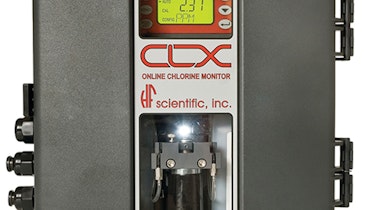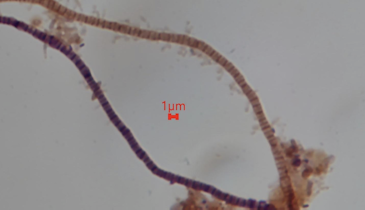I’m out of town for a few days attending a waterworks convention in Denver, so for today I will turn the floor over to a plant superintendent from Waukesha, Wis., where I went to college and also lived with my family for about 15 years. Peter Conine has lived in Waukesha since...
The Fire Chief Project: About those clean-water plants
A Wisconsin plant superintendent says it’s about even more than clean water
Popular Stories
Discussion
Comments on this site are submitted by users and are not endorsed by nor do they reflect the views or opinions of COLE Publishing, Inc. Comments are moderated before being posted.





